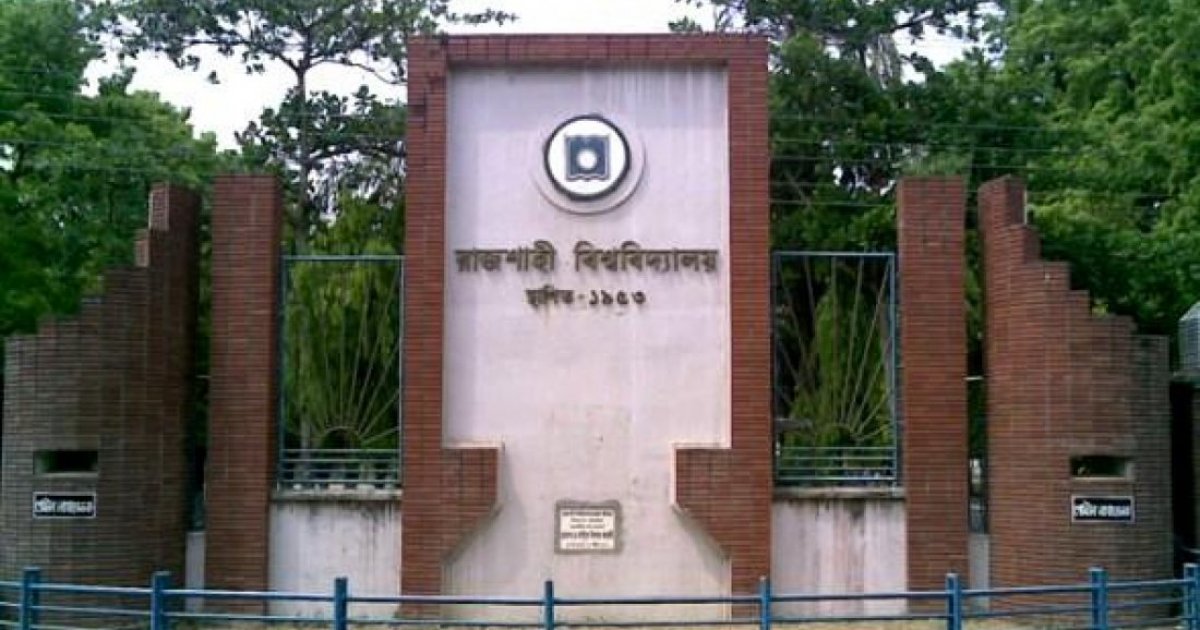Title: EU Council Adopts DAC 8 Directive to Enhance Tax Oversight on Crypto Transactions.
The post Title: EU Council Adopts DAC 8 Directive to Enhance Tax Oversight on Crypto Transactions. appeared on BitcoinEthereumNews.com. Prior to December 7, 2021, the council indicated in its report to the European Council that it expects the European Commission to submit a legislative proposal in 2022 on further revision of the directive 2011/16 / EU on administrative cooperation in the field of taxation (DAC), concerning exchange of information on crypto-assets and tax rulings for wealthy individuals. On 8 December 2022, the commission presented a proposal for a Council directive amending directive 2011/16/EU on administrative cooperation in the field of taxation (DACS). The key objectives of this legislative proposal are the following: to extend the scope of the automatic exchange of information under DAC to information that will have to be reported by crypto-asset service providers on transactions (transfer or exchange) of crypto-assets and e-money. Expanding administrative cooperation to this new area is aimed at helping member states address the challenges posed by the digitalization of the economy. The provisions of DAC 8 on due diligence procedures, reporting requirements, and other rules applicable to reporting crypto-asset service providers will reflect the Crypto-Asset Reporting Framework (CARF) and a set of amendments to the Common Reporting Standard (CRS), which were prepared by the OECD (Overseas Economic and Cooperation Development ) under the mandate of the G20. The G20 endorsed the CARF and the amendments to CRS, both of which it considers to be integral additions to the global standards for the automatic exchange of information to extend the scope of the current rules on the exchange of tax-relevant information by including provisions on the exchange of advance cross-border rulings concerning high-net-worth individuals, as well as provisions on automatic exchange of information on non- custodial dividends and similar revenues, to reduce the risks of tax evasion, tax avoidance, and tax frauds as the current provisions of DAC do not…

The post Title: EU Council Adopts DAC 8 Directive to Enhance Tax Oversight on Crypto Transactions. appeared on BitcoinEthereumNews.com.
Prior to December 7, 2021, the council indicated in its report to the European Council that it expects the European Commission to submit a legislative proposal in 2022 on further revision of the directive 2011/16 / EU on administrative cooperation in the field of taxation (DAC), concerning exchange of information on crypto-assets and tax rulings for wealthy individuals. On 8 December 2022, the commission presented a proposal for a Council directive amending directive 2011/16/EU on administrative cooperation in the field of taxation (DACS). The key objectives of this legislative proposal are the following: to extend the scope of the automatic exchange of information under DAC to information that will have to be reported by crypto-asset service providers on transactions (transfer or exchange) of crypto-assets and e-money. Expanding administrative cooperation to this new area is aimed at helping member states address the challenges posed by the digitalization of the economy. The provisions of DAC 8 on due diligence procedures, reporting requirements, and other rules applicable to reporting crypto-asset service providers will reflect the Crypto-Asset Reporting Framework (CARF) and a set of amendments to the Common Reporting Standard (CRS), which were prepared by the OECD (Overseas Economic and Cooperation Development ) under the mandate of the G20. The G20 endorsed the CARF and the amendments to CRS, both of which it considers to be integral additions to the global standards for the automatic exchange of information to extend the scope of the current rules on the exchange of tax-relevant information by including provisions on the exchange of advance cross-border rulings concerning high-net-worth individuals, as well as provisions on automatic exchange of information on non- custodial dividends and similar revenues, to reduce the risks of tax evasion, tax avoidance, and tax frauds as the current provisions of DAC do not…
What's Your Reaction?





































